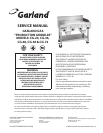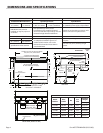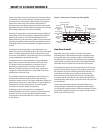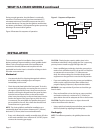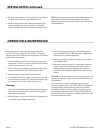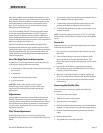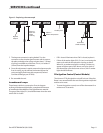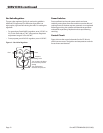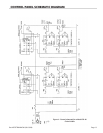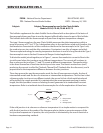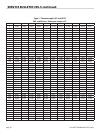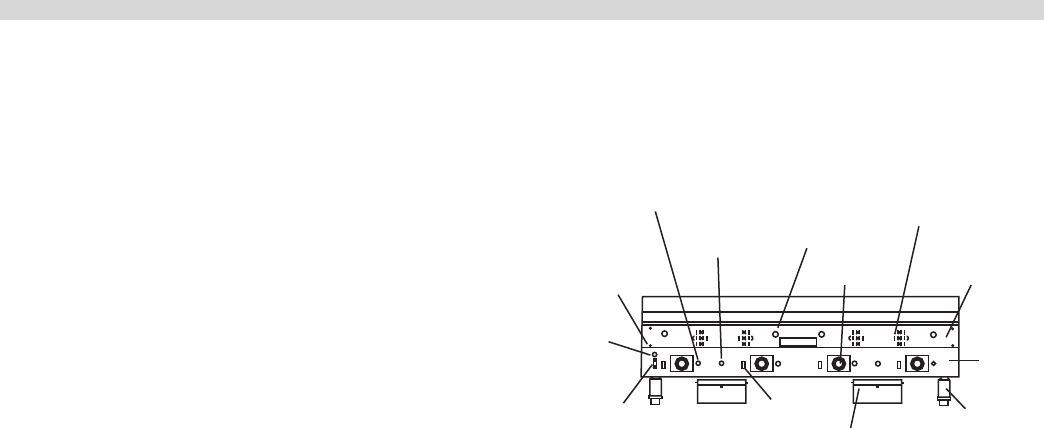
Part #GCGTRAINING06 (03/03/08) Page 5
WHAT IS A CHAIN GRIDDLE
Commercial chain restaurants impose strict food procedures
on franchise owners and operators to guarantee the quality
and consistency of the product. Beef burgers, hamburgers,
french fries, onion rings, fried chicken and tortillas for
example, must meet rigid standards of quality involving the
ingredients used, the recipes followed, storage and, not least,
the cooking temperature and time of cooking.
Accuracy of temperature control and the heating stability of
the cooking surface are essential in maintaining consistent
quality in the product. Control and stability are the two
primary features in the new chain griddle. As compared with
previous gas griddles of the same kind, temperature control
of heating zones in the chain griddle is far tighter and more
precise.
Two features provide precision control. One feature is a
burner for every foot of griddle surface. The other is that each
burner is electronically monitored for temperature control.
As a result, at 30,000 BTU using natural gas, there is excellent
energy management and power recovery.
Temperature sensors are embedded in the griddle plate.
Each sensor is close to the plate surface where the load
is. The eect of this arrangement is to achieve an even
temperature gradient across the plate. Thanks to the
electronic monitoring feature, a much faster response to
changes in surface temperature is achievable in the chain
griddle than in previous units.
The smoother temperature gradient per unit surface area
and accurate temperature control has made the chain
griddle an instant success. This simple explanation of the two
main features of the unit is what makes it so special. Without
fast response and a smooth gradient, the chain griddle
would be just another design among many.
Explaining why the unit is special is one thing and
understanding how it works in another. Service technicians
need to know this to have complete condence when
servicing the unit. We describe how it works in the next part
of this section.
Figure 1 -Front view of counter-top chain griddle
Burner ON amber
indicator light
Pilot ON green
indicator light
Flame
viewport
Zone
thermostat
Air vents
Removable top
access panel
Hinged
drop-down
bottom half
access
panel
Leg of counter-top
style griddle
Grease tray
Zone power
switch
Main power
switch
Main power
ON
green
indicator
light
Securing
fasteners
for removable
top
access panel
How Does it work?
When the main power switch is turned on, the power
indicating lamp is illuminated and power is applied to the
thermostat input of the ignition modules. This will initiate
the pilot ignition sequence. The ignition module supplies a
spark ignition at the pilot burner and will energize the pilot
solenoid valve for a maximum trail period of 50 seconds.
If the pilot ame ignites and is sensed within the 50 second
period, the main burner output of the ignition module will
be energized. The pilot indicating lamp will illuminate. The
main burner solenoid valves are then controlled by the
thermostats. As a thermostat calls for heat, it will energize
its output and the main burner valve along with the burner
indicating lamp will energize. The main burner will cycle with
the thermostat.
There is only one trial for ignition. If the pilot ame is not
sensed during the trail period, the ignition module will lock
out. All ignition module outputs will be de-energized. To reset
the ignition module the main power switch must be turned
o for a period of 30 seconds.



